Are you a new dog owner? If so, you’re probably wondering what to expect at your first vet appointment. Don’t worry; we’re here to help! This article will discuss everything you need to know about your dog’s first vet appointment. We’ll cover topics such as what happens during the appointment, what to bring with you, and more!
Contents
Research

vBefore your first vet appointment, it is crucial to do some research. Talk to other dog owners, read online articles, and look for reviews of local veterinarians. Ask your friends or family members for recommendations and take the time to call a few vets to get pricing information. This will help you know what to expect and prepare for anything that may come up.
The Appointment
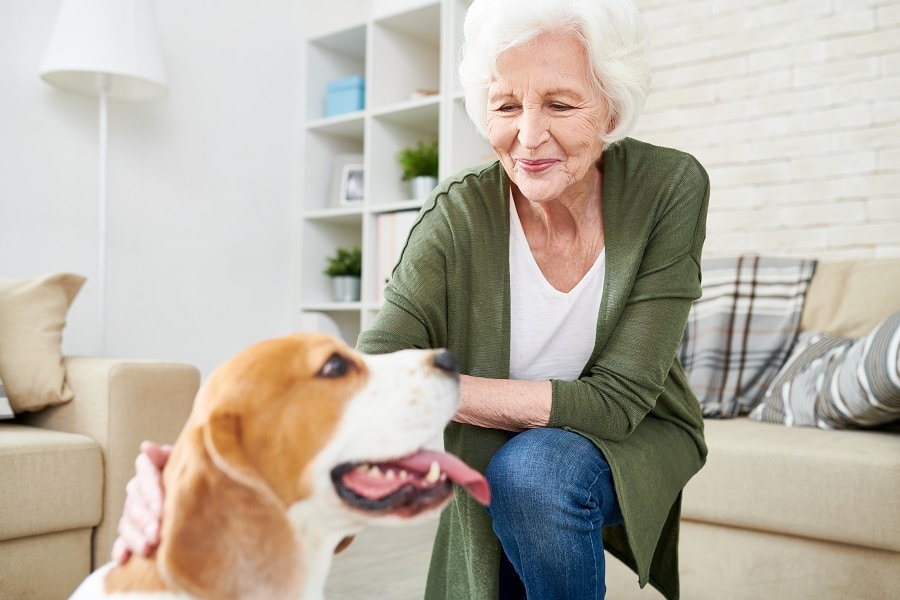
Your first vet appointment will likely last around an hour. Your veterinarian will examine your dog and ask you questions about their health history during this time. They may also recommend routine vaccinations or tests for your pup. Be sure to have all of your dog’s medical records with you and your payment information.
What To Bring
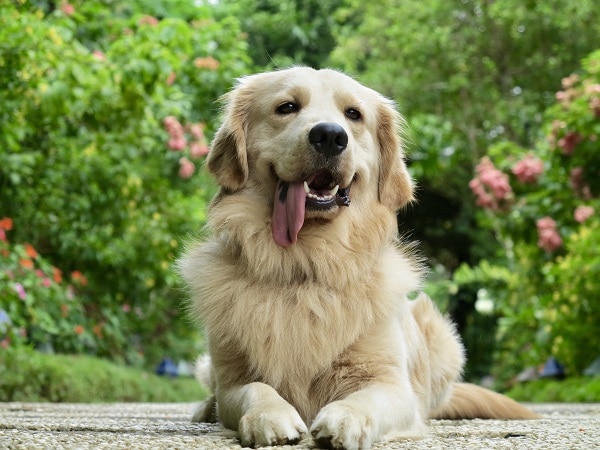
When you go to your first vet appointment, bring a few things with you. First, bring your dog’s medical records if you have them. If not, don’t worry – the vet will be able to get them from your previous veterinarian. Second, bring a list of any questions or concerns about your dog’s health. Finally, don’t forget to bring some cash or a credit card – most vets require at the time of service.
Physical Exam
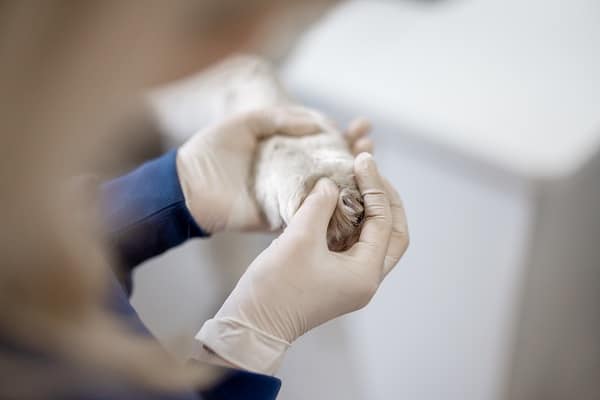
So, what happens during a typical vet appointment? The first thing your veterinarian will do is perform a physical exam. The exam includes checking your dog’s ears, eyes, nose, mouth, and body for abnormalities. Your vet may also take some blood or urine samples for testing. In addition, your veterinarian will likely discuss your dog’s diet and nutrition with you and provide guidance on how to keep your pup healthy and happy.
Fecal Exam

One important test that your vet may recommend is a fecal exam. This test checks for parasites, such as worms, in your dog’s stool. It’s important to catch and treat parasites early, as they can cause serious health problems for your pup.
Charting Pups Weight

One of the most important aspects of a dog’s health is monitoring their weight. If your pup happens to gain or lose too much weight, it could indicate a health problem. Puppies, in particular, should be weighed at each vet appointment to ensure they are growing and developing correctly.
Cost

Now, let’s talk about cost. Veterinary care is not cheap, but it is essential to being a responsible dog owner. The good news is that there are many ways to save money on vet care. For example, you can purchase pet insurance, which can help offset the cost of unexpected medical bills. You can also look into discounted veterinary services offered by organizations like the Humane Society.
Vaccinations
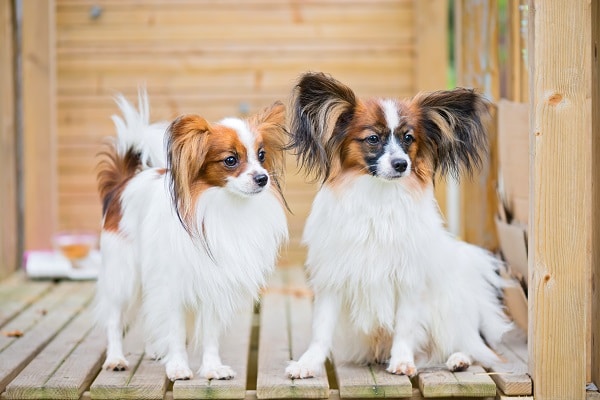
Another standard procedure that happens during a vet visit is vaccinations. Vaccinations help protect your dog from potentially deadly diseases, such as rabies and distemper. Your veterinarian will likely recommend a schedule of vaccinations based on your dog’s age, health, and lifestyle.
Previous Vet Records

Don’t forget to bring essential documents such as proof of vaccination status and recent fecal tests results. If you have any questions or concerns about your dog’s health, ask your veterinarian! They are there to help you, and your pet gets the best care possible.
Discussion Of Diet
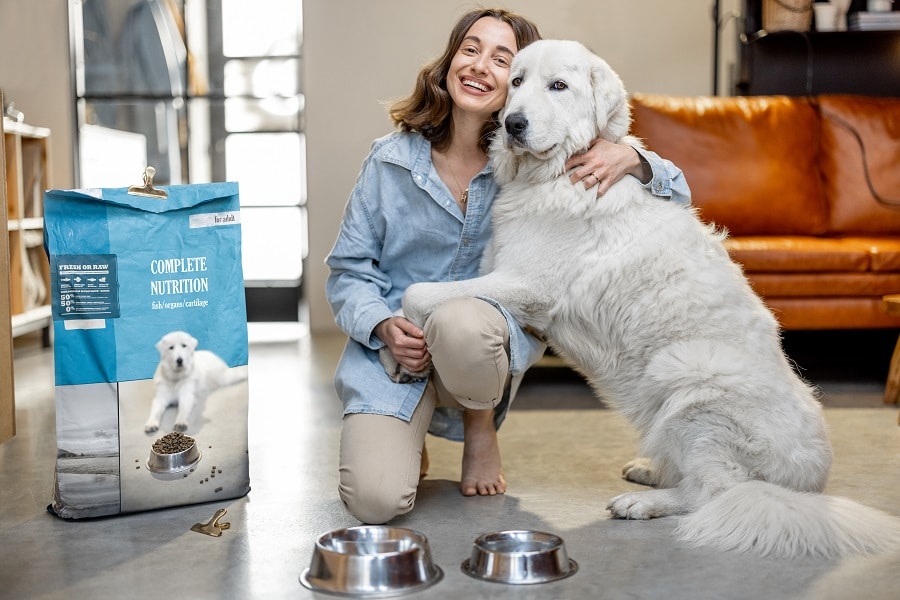
One of the most important aspects of good pet health is a balanced diet. You should discuss this with your veterinarian during your first appointment. They can provide you with tips and advice on making sure your dog is getting the right nutrients in their diet.
Important Milestones

Your veterinarian will likely discuss important milestones with you, such as spaying or neutering, vaccinations, heartworm prevention, etc. This is a great time to ask any questions that you may have about your dog’s health and care. Your vet is there to help you ensure that your pup lives a long and happy life!
Ask Questions

Don’t forget to ask any questions you may have during your first vet appointment. This is an important time for both you and your pet, so make the most of it! Your vet will be happy to answer any questions regarding your pet’s health.
Conclusion
We hope that this article has helped answer some of your questions about what to expect at your first vet appointment. Remember, your veterinarian is there to help you and your pup in any way possible. If you have any concerns or questions, don’t hesitate to ask! Vet appointments are essential for keeping your dog healthy and happy, so be sure to schedule one today!


